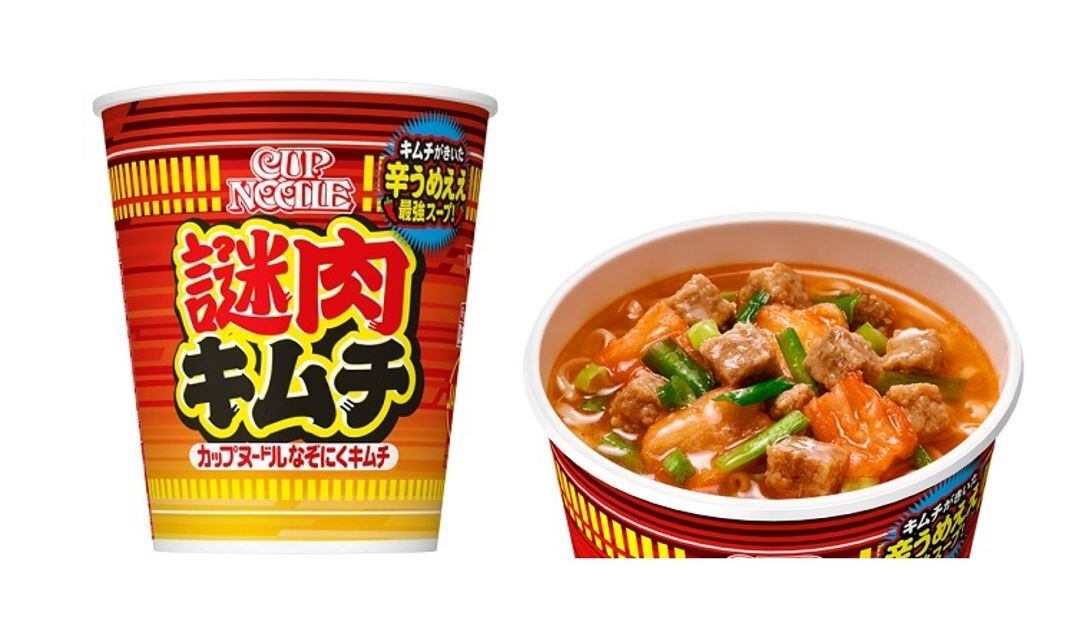The five plant-based products of patties, shreds, pieces, strips and drumsticks emulate chicken in terms of taste and texture.
The start-up founded in October 2019 is helmed by CEO, Dr Reena Sharma, and chief advisor, Dr Gaurav Sharma.
The pair who are vegetarians since young, wanted to create a plant-based meat product that was healthy for consumers, sustainable for the planet, all while being affordable.
Shandi chose to develop chicken products as it is the most consumed animal protein worldwide.
Gaurav said: “We agree that animal meat is not good for health and environment, but switching to meat alternatives should not compromise on the taste, nutrition and diversity of the food.”
“Asia is so diverse with many cuisines, so we wanted to create a product that can be used across cuisines, from BBQs, chicken rice, curry to pizza.” The products are not ready-to-eat and require further cooking.
In terms of nutritional profile, most plant-based products tend to use soy or pea protein as the only protein in the product.
“We know every protein is different, so we are using a blend of proteins, which delivers a complete chicken profile, close to the real meat. We also try to adjust the carbohydrate and fat levels to match the chicken profile,” Reena added.
“Price shouldn’t also be a barrier in the plant-based space. If you want to change and impact the world, we need to create meat for the masses which means making it more affordable.” Its products are touted to be priced in the same range as regular chicken.
Flavour development, product creation
Shandi makes its plant-based chicken differently from other manufacturers.
Most plant-based products are made by soaking textured plant proteins, adding flavours and binders, before shaping into patties or other shapes.
For Shandi, its products are made from natural ingredients with no chemical additives including flavourings.
It develops flavour in the product through reverse engineering taste chemistry. Watch the video to find out more.
Gaurav explained that during the cooking process of any food, the amino acids present react and develop a particular taste.
“Certain molecules (called pre-cursors) react during the cooking process, which develops the taste in the product.”
“For chicken, we identified those same molecules that contribute to flavour development in chicken, but in the plant space, and we select multiple plant sources to obtain the right amino acid profile.”
For instance, its chicken product is made from pea protein, green peas, chickpeas, quinoa, flax seeds, brown rice, coconut oil, mustard oil and water.
“So instead of adding flavours, we add the molecules responsible for taste development. We process the meat (cook) halfway, leaving behind some unreacted molecules, so when you eventually cook it, the taste will continue to develop.”
For texture, Shandi uses the high moisture meat analogous (HMMA) extrusion which creates a tender and juicy texture
Gaurav said: “Our product is not static, it’s a dynamic product.”
The process comprising of chromatographic protein isolation to select target protein, then natural enzymatic process to convert amino acids into meaty taste and proprietary design of HMMA extrusion technology to create tender meat is currently pending patent.
Market launch
For the launch in Singapore, Shandi will target B2B (food service, hotel, food manufacturers) and D2C (supermarkets, grocery stores).
The products will launch in Indonesia, Thailand and Malaysia in April, with Australia and New Zealand are targeted for a June release.
According to the company, it hopes to launch into China next year, into retailers and food chains.
Cost wise, Gaurav said the products are expected to be priced similar to regular chicken. Typically, chicken cost about SG$6 to 7/kg (US$4.50-5).
“Compared to other plant-based products in the market, our products are one-quarter the price.”
How the company manages to bring down its production costs is the elimination of additives, flavourings and seasonings, since the taste is coming from amino acids instead.
Gaurav said it only pays farmers for the raw materials, municipal corporation for water, and equipment costs, thus passing on the savings to consumers.
Shandi is in the process of getting halal certification for its products as well as manufacturing facility.
Its raw materials are mainly sourced from India, where the bulk of pea processing happens.
The company then exports the chicken base (chicken flavour made from amino acids) to Singapore for extrusion and final packaging.
The team of six has received support from Brinc, an accelerator, and has raised pre-seed investment of US$150,000 from Artesian which was used for market validation.
Now, it is hoping to raise seed funding of US$1.5 million for marketing, expanding the team and extending the product pipeline to beef and pork.



